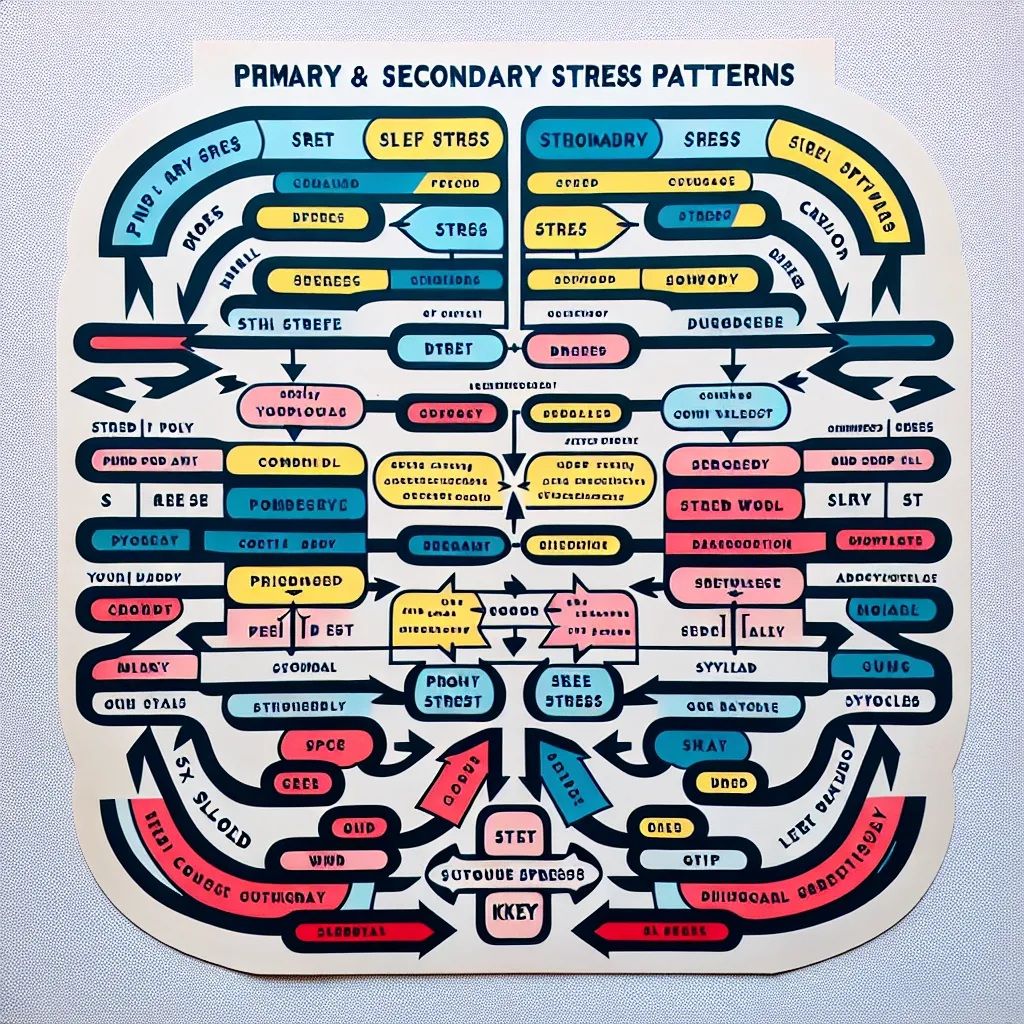Mastering English word endings is a crucial skill for anyone looking to improve their pronunciation and overall language proficiency. Whether you’re a beginner or an advanced learner, understanding and correctly pronouncing word endings can significantly enhance your communication skills and help you sound more natural when speaking English.
Why Are Word Endings Important?
Word endings play a vital role in English pronunciation and comprehension. They can change the meaning of words, indicate grammatical functions, and affect the rhythm and flow of speech. Proper pronunciation of word endings can:
- Improve clarity and understanding
- Enhance your overall fluency
- Help you distinguish between similar words
- Make your speech sound more natural and native-like
 English word endings importance
English word endings importance
Common Challenges with English Word Endings
Many English learners struggle with word endings due to several factors:
- Silent letters (e.g., “listen,” “talk”)
- Consonant clusters (e.g., “sixths,” “strengths”)
- Vowel changes (e.g., “child” to “children”)
- Stress shifts (e.g., “photograph” to “photographer”)
Understanding these challenges is the first step towards improving your pronunciation of word endings.
Strategies for Mastering English Word Endings
1. Focus on Syllable Stress
English words often have a specific stress pattern that affects how the ending is pronounced. Pay attention to which syllable is stressed in a word and practice emphasizing it correctly.
Example: In the word “photograph,” the stress is on the first syllable (PHO-to-graph), but in “photographer,” it shifts to the second syllable (pho-TO-gra-pher).
2. Practice Minimal Pairs
Minimal pairs are words that differ only in one sound, often at the end. Practicing these can help you distinguish and produce different word endings more accurately.
Example: “cap” vs. “cab,” “rice” vs. “rise,” “breath” vs. “breathe”
3. Use Pronunciation Dictionaries
Online pronunciation dictionaries, such as Merriam-Webster or Cambridge Dictionary, offer audio pronunciations of words. Use these resources to hear and practice the correct pronunciation of word endings.
4. Record and Listen to Yourself
Record yourself reading sentences or paragraphs that include words with challenging endings. Listen back and compare your pronunciation to native speakers. This self-assessment can help you identify areas for improvement.
5. Learn Pronunciation Rules
Familiarize yourself with common pronunciation rules for word endings, such as:
- “-ed” endings: pronounced as /t/, /d/, or /ɪd/ depending on the preceding sound
- Silent “e” at the end of words
- Plural “-s” endings: pronounced as /s/, /z/, or /ɪz/
6. Practice Tongue Twisters
Tongue twisters can be an excellent way to practice specific word endings and improve your overall articulation.
Example: “She sells seashells by the seashore.”
 Tongue twisters for word endings practice
Tongue twisters for word endings practice
Common Mistakes and How to Avoid Them
- Omitting final consonants: Practice exaggerating the final sounds until you can produce them naturally.
- Mispronouncing “-ed” endings: Learn the rules for pronouncing “-ed” in regular past tense verbs.
- Incorrect stress on multisyllabic words: Pay attention to stress patterns in longer words and practice them individually.
- Overpronouncing silent letters: Familiarize yourself with common silent letters in English words.
- Mishandling consonant clusters: Break down complex clusters and practice them in isolation before incorporating them into full words.
The Phonemic Chart and Frequently Mispronounced Words
Understanding the International Phonetic Alphabet (IPA) and using a phonemic chart can greatly aid in mastering word endings. Here are ten commonly mispronounced words with challenging endings:
- Clothes /kləʊðz/
- Sixth /sɪksθ/
- Months /mʌnθs/
- Wednesday /ˈwenzdeɪ/
- Comfortable /ˈkʌmftəbl/
- Vegetable /ˈvedʒtəbl/
- Entrepreneur /ˌɒntrəprəˈnɜː/
- Colonel /ˈkɜːnl/
- Heir /eə/
- Gauge /ɡeɪdʒ/
Practice these words using the IPA transcriptions and focus on producing the correct ending sounds.
For more tips on improving your overall English pronunciation, check out our article on pronunciation tips for fluent English speaking.
Conclusion
Mastering English word endings is a journey that requires patience, practice, and persistence. By focusing on syllable stress, using pronunciation resources, and practicing regularly, you can significantly improve your pronunciation of word endings. Remember that consistent practice is key to success in language learning.
We encourage you to share your experiences and tips for mastering English word endings in the comments below. For more advanced pronunciation techniques, explore our guide on tips for reducing your foreign accent in English.




